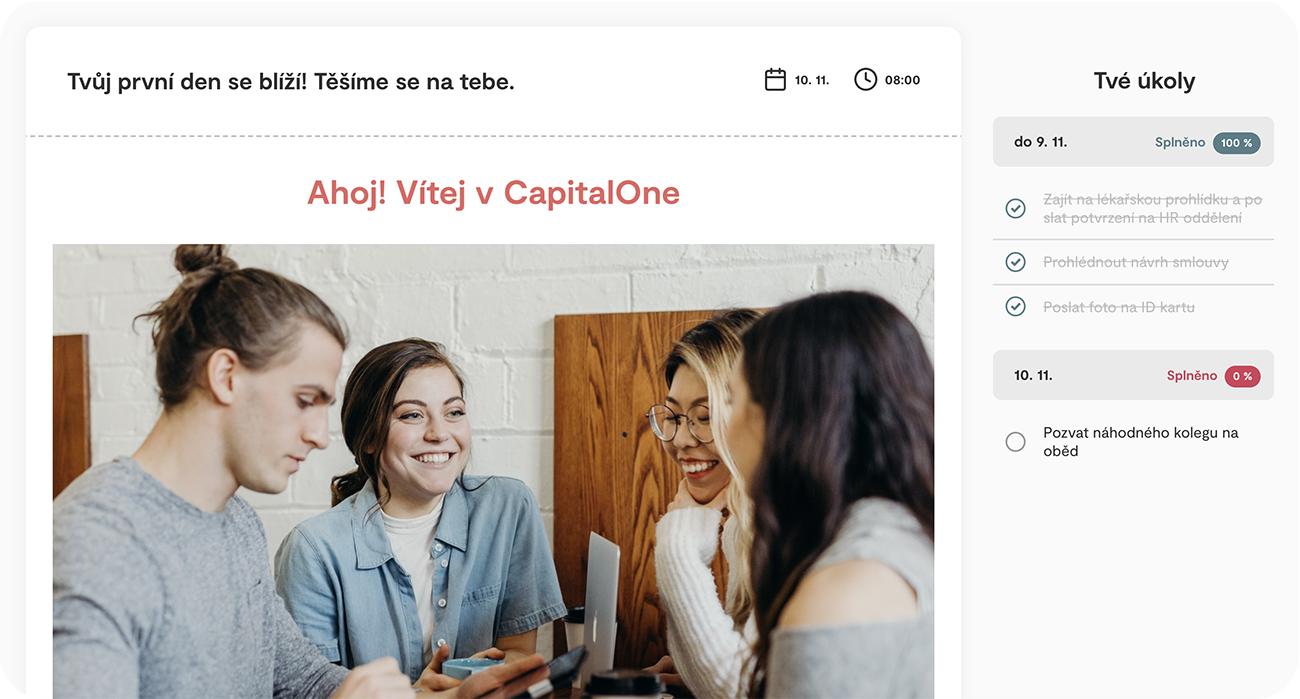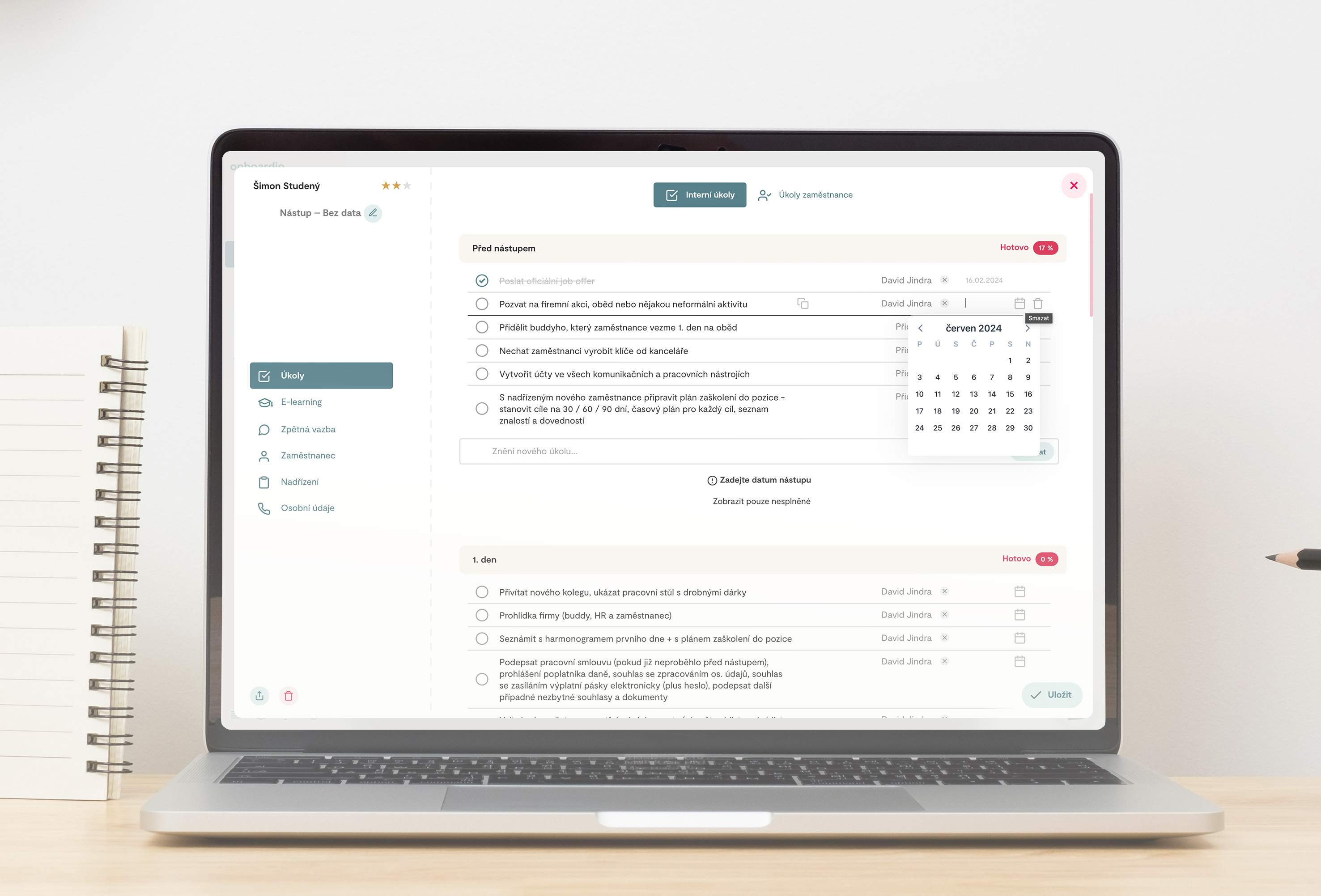How do you keep talent in the company? You can do it without a chain
Have you discovered a top talent? An Alaskan gold prospector couldn't be happier! Now for the second part of the challenge: you need to make sure the new employee acclimates as quickly as possible. So that he or she feels at home in the company - and doesn't run away before he or she even gets to start.
Retaining good workers at a time when companies are struggling with labour shortages is no walk in the park. Indeed, one in two HR professionals cite this task as their main professional challenge (Workhuman, 2015).
Great schnitzels in the company cafeteria and regular bowling tournaments are nice bonuses, but you can't build on them to build an employee's relationship with the company. Maybe because most of your colleagues work remotely or are vegan. 🤔 O n the other hand, surprisingly often it's not even about pure pragmatism, i.e. higher salary or more days off. So what is at stake?

You have to take care of the flowers too 🌻
It's all about the right benefits, but most importantly it's about things that don't cost money, just the recruiter's effort and time. An employee is like a flower that either you - or someone else - will take care of.1. Think about his motivation.
One of the biggest motivation killers is a bad boss. If an employee is more capable than his supervisor, how long can that relationship work? Probably no one expects the one who leaves the company to be a less capable supervisor.2. Give him room for development.
Does he invent original procedures, which arouses resentment among colleagues because routine is more comfortable? Is he in a position from which he has nowhere to advance? Would he like to implement a new project, but the management throws his intention off the table without feedback? If you don't allow him to continue to develop, an employee's resignation will soon land on your desk.3. Appreciate him.
We all crave praise. And those who say they don't crave it all the more. You don't have to frantically wonder where the company is going to get the money for an extra reward. Often all it takes is for someone to notice the employee's efforts at all. Showing sincere enthusiasm means strengthening loyalty to the company.4. Listen and communicate with the employee from the beginning.
After the contract is signed, there is often a silence that can last for several months. You stay silent because you are convinced that the hand is up your sleeve. But the employee may see it differently - you get out of sight, out of mind, and that company has given him such an irresistible offer that he'll throw you overboard in a heartbeat.
The risk of a dangerous communication vacuum can be solved by a skillfully managed preboarding process - we're talking about the period between signing the contract and the day you start work.
As soon as a candidate accepts a job offer, Onboardio creates a personal profile where he or she can see the tasks he or she has to complete before the start date (e.g. send a photo for an ID card, provide a medical certificate). The newcomer is therefore continuously familiarised with the company, its culture and processes, and is then able to get into the job more quickly.

In addition, the site strengthens the critically important communication between the newcomer and the company instead of you. This is both before joining and during the probationary period. The aforementioned usual silence between the signing of the contract and the first day on the job is replaced by a warm welcome to the new hire, an introduction to the company's values and benefits, and a chat about the company. You can add a video tour of the premises or a welcome video with your CEO to the page. Believe that such a personal welcome carries a lot of weight! We'll be happy to put together a meet & greet video for you.
The time to onboarding will pass by like water for the newcomer and you, and it is also likely that the person will feel at home in the company from the very first days.
Incidentally, it is proven that a full 70 percent of employees who describe their onboarding experience as exceptional also refer to their job as a "dream job" (Emily Wetherell, Ph.D. Callup Consulting HR, 2021). Encouraging, right?



